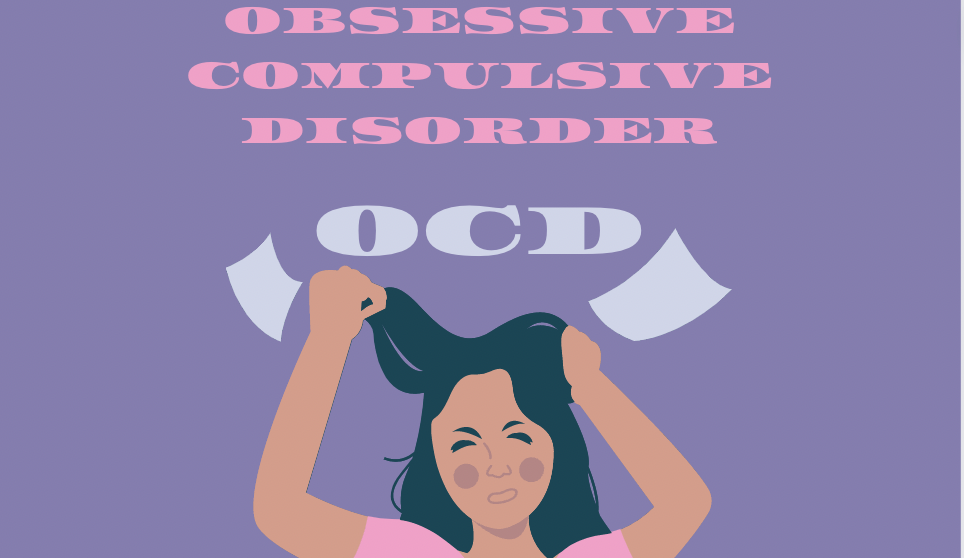What sets OCD apart is the cyclical nature of its symptoms, where individuals experience a never-ending loop of distressing thoughts and ritualistic behaviors. Unlike occasional worries or habits, OCD significantly impacts daily functioning and quality of life.
Treatments for OCD typically involve a combination of cognitive-behavioral therapy (CBT) and medication. Cognitive-behavioral therapy, specifically Exposure and Response Prevention (ERP), is a cornerstone in OCD treatment. In ERP, individuals confront their obsessions gradually, without engaging in the compulsive behaviors they would normally use to neutralize the anxiety. Over time, this helps to diminish the power of the obsessions and reduces the compulsion to perform rituals.
Medications, such as selective serotonin reuptake inhibitors (SSRIs), have been found to be helpful in managing OCD symptoms by affecting neurotransmitter levels in the brain. These medications can alleviate anxiety and reduce the intensity of obsessions and compulsions. In more severe cases, a combination of CBT and medication may be recommended for optimal results.
It's important to note that each individual's experience with OCD is unique, and treatment approaches may vary based on the severity of symptoms and the individual's response to therapy and medication. Overall, a comprehensive approach that addresses both the cognitive and behavioral aspects of OCD is crucial for managing this disorder and improving the individual's overall well-being.



